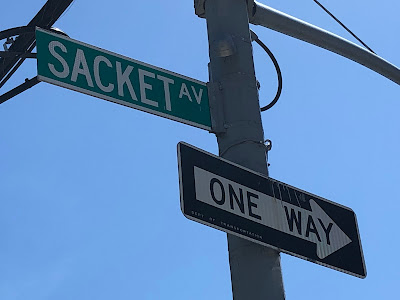A new study confirms an impression I formed during my most recent visits to Paris.
According to L’Institut Paris Région, 11.4 percent of all trips in the City of Light are made by bicycle. In contrast, only 4.2 percent are made by car.
Perhaps even more encouraging for members of the Institut and cyclists, in the banlieues (suburbs) are 14 percent and 11.8 percent respectively. I say “more encouraging” because even though some of those suburbs, especially the ones that border on the city itself, have more access to mass transportation than some major American cities, they still don’t have as much as Paris, where no point is more than 500 meters (about .3 miles, or the equivalent of five or six NYC blocks) from a Métro station.
That availability of trains (and buses) in the central city is reflected in the 30 percent of trips made on them. That the remaining 53 percent are on foot is also not surprising, given Paris’ (deserved) reputation as a “walkable” city.
Still, some believe that mayor Anne Hidalgo—who has done more than any of her predecessors to promote cycling and reduce auto traffic—could have done even more. And, to be fair, she plans to do so, especially with the upcoming Olympic Games, which some see as a showcase for “green” technology in a similar way to how the Exposition (Worlds’ Fair) of 1889 highlighted the technological advances made possible by the “Expo”s centerpiece: the Eiffel Tower.




